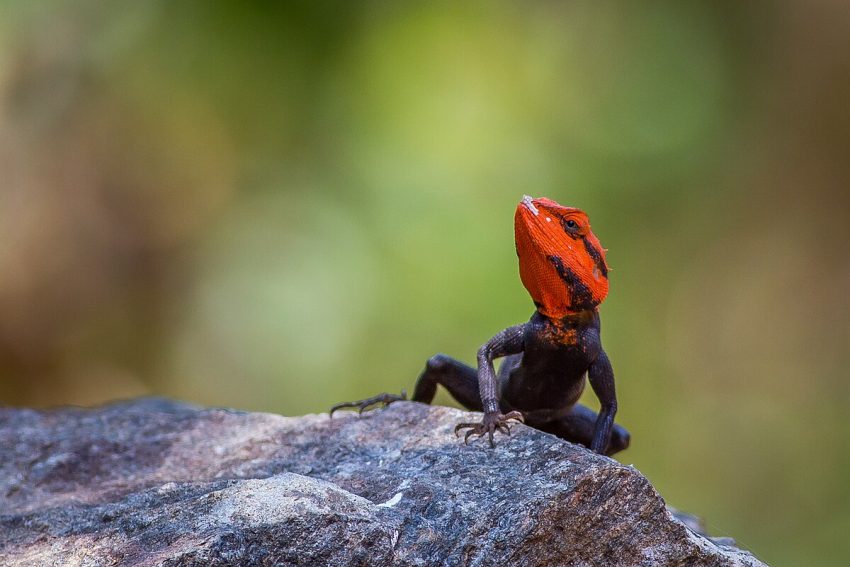The call of the wild whispers even louder in the crisp winter air. Mountains beckon with snow-capped peaks, forests shimmer with frosted leaves, and the promise of adventure hangs heavy in the air. But with this yearning for exploration comes a crucial responsibility: respecting the delicate balance of nature and the creatures that call these wild spaces home. Responsible wildlife tourism isn’t just a trendy phrase; it’s a conscious choice to minimize our impact and ensure these awe-inspiring experiences remain available for generations to come.
Respecting Boundaries
National parks and reserves are established for a reason – to protect precious ecosystems and the wildlife within. Sticking to designated trails and viewing platforms ensures minimal disturbance to their habitat and avoids accidental stress. Resist the urge to venture off-path, no matter how tempting that elusive photo opportunity might be.
Responsible Observation:
Observing wildlife in their natural habitat is a privilege, not a right. Maintain a safe distance, using binoculars or telephoto lenses to avoid causing undue stress. Loud noises, sudden movements, and feeding animals are strictly off-limits. Remember, you’re a guest in their home; treat them with the respect they deserve.
Mindful Photography:
Capturing the magic of wildlife on camera is a natural desire, but responsible photography prioritizes animal welfare. Never use flash photography, drones, or loud calls to entice animals into unnatural behavior. Be patient, wait for natural poses, and prioritize ethical captures that don’t compromise their well-being.
Choose Ethical Operators:
Opt for tour operators committed to responsible wildlife practices. Look for certifications like WTTC Safe Travels or Green Globe, and inquire about their policies on animal interactions, habitat conservation, and waste management. Choosing the right operator ensures your adventure aligns with your values and supports sustainable tourism initiatives.
Minimizing Waste:
Leave no trace is the golden rule of responsible travel. Pack reusable water bottles and containers, avoid single-use plastics, and dispose of waste responsibly in designated bins. Remember, even seemingly small items like cigarette butts or food wrappers can have detrimental effects on wildlife and their habitat.
Supporting Conservation Efforts:
Consider volunteering your time or contributing to conservation initiatives during your trip. Many national parks and reserves offer opportunities to participate in habitat restoration projects, wildlife monitoring programs, or educational outreach initiatives. Every little bit helps towards creating a sustainable future for these wild spaces.
Cultural Sensitivity:
Remember, wildlife tourism often intersects with local communities. Dress modestly, be respectful of cultural norms and traditions, and avoid activities that might be considered disrespectful or intrusive. Engaging with local communities through responsible homestays or guided tours by indigenous guides not only enriches your experience but also supports their livelihoods.
Responsible Souvenirs:
Avoid purchasing souvenirs made from endangered species or unsustainable practices. Opt for locally crafted, eco-friendly products that support traditional artisans and minimize environmental impact. Remember, every purchase speaks volumes about your values and can influence the tourism industry towards sustainability.
Educating Yourself:
Knowledge is power, especially when it comes to responsible wildlife tourism. Research the wildlife species you might encounter, understand their vulnerabilities, and learn about the conservation efforts in place. The more informed you are, the better equipped you are to make responsible choices during your trip.
Sharing Responsibly:
Documenting your responsible wildlife experiences is a fantastic way to raise awareness and inspire others. Share your photos and stories on social media but be mindful of geotagging sensitive locations or posting content that might encourage harmful interactions with wildlife. Focus on the beauty and wonder of responsible observation and encourage others to follow suit.
Responsible wildlife tourism isn’t about sacrificing adventure; it’s about enriching it. By making conscious choices and prioritizing the well-being of the animals and their habitats, we ensure that future generations can experience the same awe-inspiring encounters that draw us to these wild spaces. So, pack your sense of wonder, your commitment to responsible practices, and get ready to embark on a journey that leaves only footprints and takes only memories – memories of breathtaking encounters, personal growth, and the knowledge that you played a part in protecting the natural world for generations to come.
